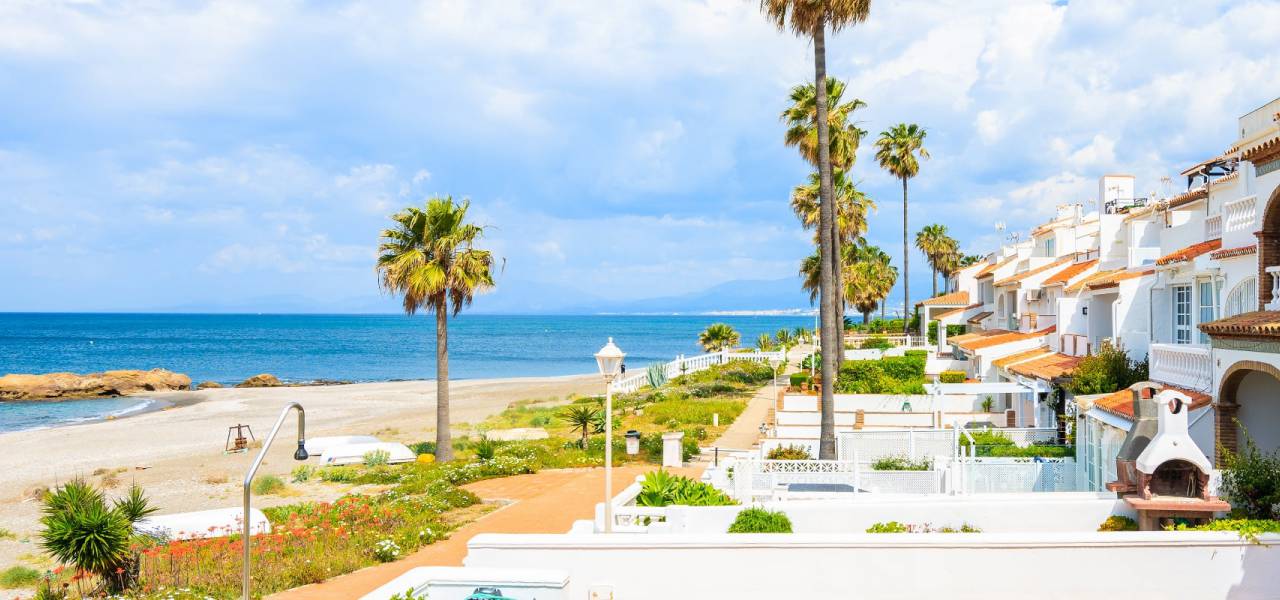Preschool in Spain

If you're looking to enrol your child into childcare in Spain, here's a guide to nurseries and kindergartens in Spain.
Preschool in Spain
Although compulsory education does not start in Spain until the age of 6 the vast majority of parents in Spain avail of pre-school education for their children, sometimes from as young as a few months old.
Pre-schooling is divided broadly into two three-year stages (zero to three years and three to six years). Nursery schools (guarderias) cater for children from zero to two years, while kindergarten or infant schools (escuela infantile) are for children between three and five years. The availability of each is not always widespread and depends on the area, particularly for state schools.
Compulsory education does not begin until children reach the age of 6, but approximately 90 percent of children aged three to five have at least one year of state-funded pre-school (educación infantile). Availability at daycare centres depends on where you are living and the existing demand for places. Often it can be quite difficult to find a place for your child.
Spanish public schooling is free for children from 3 to 18 years, although private school options are also available.
Nursery schools (guarderias) in Spain
Statutory maternity leave in Spain is four months long and the majority of women go back to work at the end of this period. Therefore it is not uncommon to see babies as young as four months at guarderias. Often grandparents help to look after children if the mothers have gone back to work baby or toddler groups are less common in Spain than in other parts of Europe.
Nursery schools are available where English or other languages are spoken, as a result of Spain’s sizeable expat community. English-speaking guarderias have grown up in response to demand, particularly in the major cities or the Costas and Islands.
Nurseries principally offer supervised low-cost childcare, rather than necessarily helping the child’s development. However they can be useful in helping your child to integrate into society and learn Spanish. Bear in mind that public schooling is almost entirely in Spanish so it is highly advantageous for your child to be able to speak Spanish.
There are also private, fee-paying nursery schools and these generally cater for children aged two to six. Sometimes these are attached to primary schools, in which case children can just transition into their formal education. There is a reasonable amount of flexibility in terms of hours of attendance and parents can choose mornings, afternoons, full days or just a few days per week. Schools sometimes also provide transport between home and schools. The cost of fees varies.
Kindergartens in Spain
Although kindergarten is voluntary most children in Spain attend, starting from the age of three and continuing until age six, when compulsory education at primary school begins. The public pre-schools aim to prepare young children for social integration within the school environment by emphasising development in several areas:
- Emotional development
- Movement and body control habits
- Communication and language
- Basic guidelines of coexistence and social relations
- Achieving a balanced and positive image of themselves and acquire personal autonomy
Schools offer lessons in basic reading, writing and mathematics, as well as playing in team games and developing their creativity through arts and crafts, painting and music. Emphasis is also given to developing civic behaviour, the environment, cultural integration, cycling and road safety awareness. Children are sometimes taken on supervised outings, roped together in small groups (for their own safety). There have been suggestions that the programme of education may be expanded in the future by the National Education Authority to include the teaching of English and/or French.
You can register your child with a state school once you and your family are registered as residents at the local town hall. The local authorities will require the following documents:
- Proof of residence (rental contract or property deeds)
- Passport or residence card
- Child’s birth certificate
- Proof of the child’s vaccinations and a medical certificate of health (in some areas)
How to prepare your child for their first day
Make a big fuss about the upcoming start day. Take them to the building to see where the school is and let them peek in the windows. You can talk about how your child is getting older and is a big kid now. Most importantly, be positive.
The first day can be overwhelming for both parent and child. Here are some tips on how to manage it:
- Start off with a good breakfast.
- Remind the child about how exciting it is to go to school (that they have visited, etc).
- Perhaps offer a present at the end of the day for good behavior.
- If your child is potty-trained, make sure to show them the bathroom and explain who will take them while you are away.
- Reassure them that you will be there to collect them at the end of the playtime.
- Expect to leave after leaving your child at the school, regardless of how your child is reacting – the teachers are trained to help kids settle in.
- Allow time on the first day to meet with the teachers to go over specific needs (dummy, favorite toy, toilet-training information, etc).
Overall tips
- Label clothing and bags with your child's name
- Take a fruit or snack along – some provide snacks and some don't
- Take along a pair of soft indoor shoes for your child
- Come prepared with emergency and doctor contact information (you will complete a form on your first day)









 Back
Back


